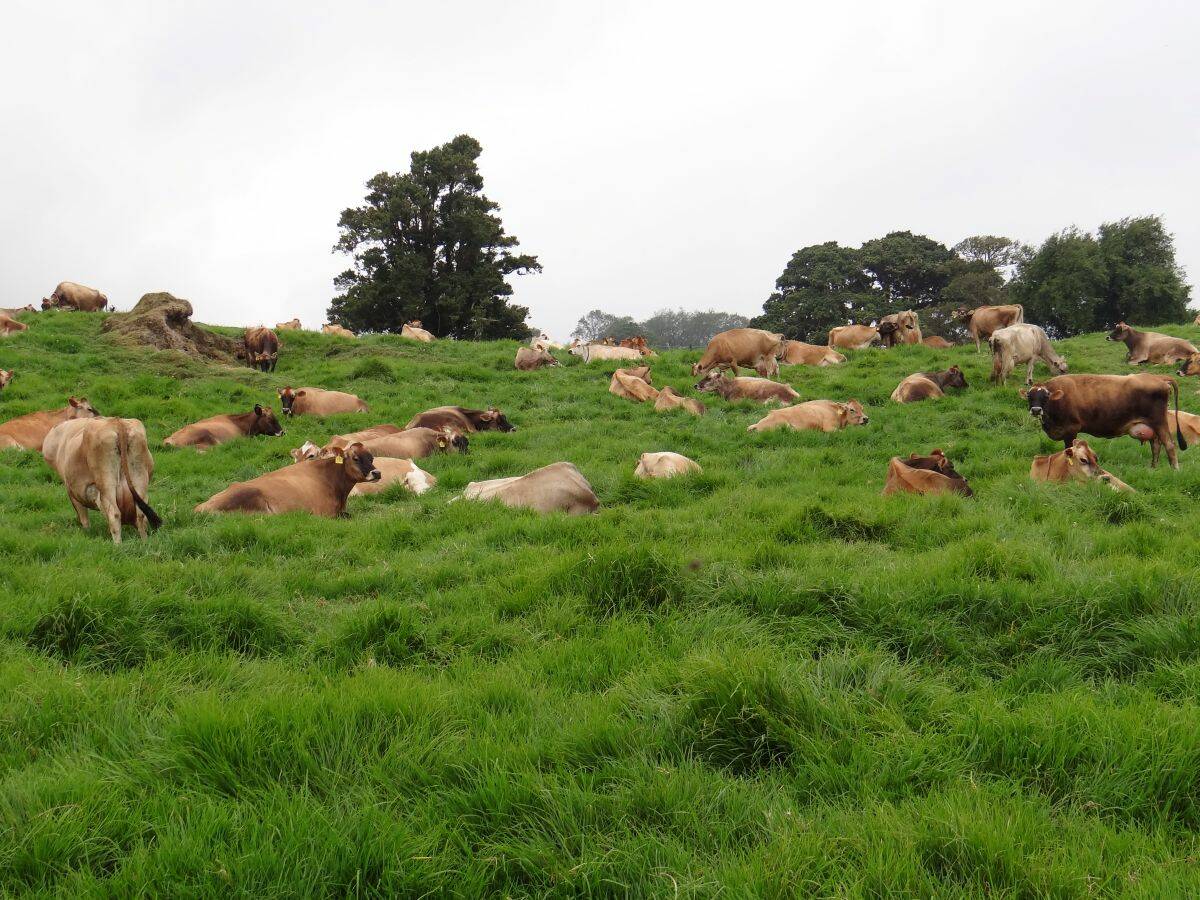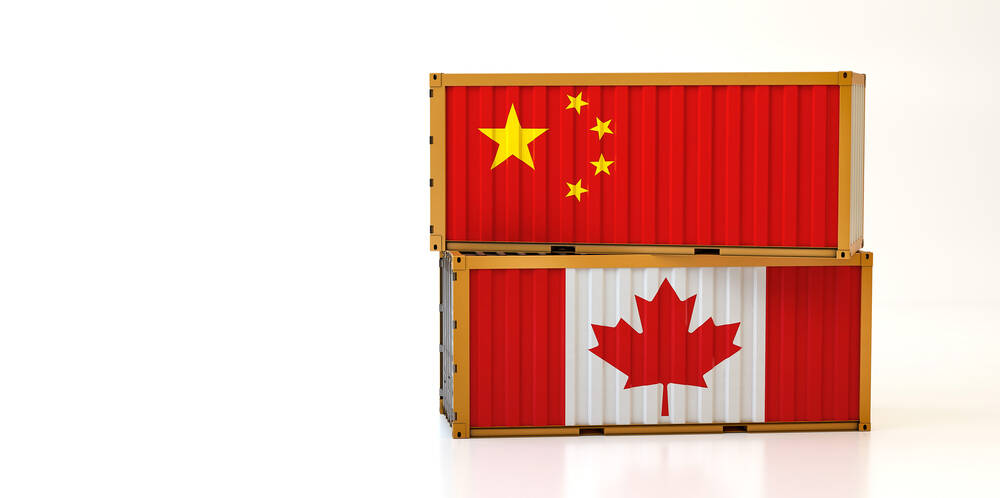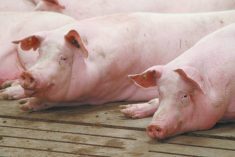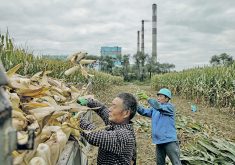China provides risk and reward for Canadian agriculture exporters. With rhetoric escalating around the world, the risk could become a greater challenge.
With Russia’s full-scale invasion of Ukraine, the Houthis taking potshots at shipping vessels in the Red Sea, and China increasingly aggressive in the Indo-Pacific, war and near-kinetic levels of conflict have thrown several wrenches into the mechanisms of world trade.
China is a large purchaser of Canadian commodities like pork, beef, and soybeans. Finding alternative markets if the Chinese market is no longer accessible could be a challenge for some sectors.
Read Also

Is inflammation the real cause of milk fever in cattle?
UAlberta researcher Burim Ametaj’s theory challenges 200 hundred years of science and his work may change the approach for treatment.
What would happen to markets for Canadian commodities if China launched an invasion of Taiwan, as the Chinese government has long promised to do? More generally, could sectors like pork, beef and soybeans find alternative markets if politically-motivated trade restrictions become more frequent or severe?
Awful for offal
According to Mike Von Massow, associate professor in the Food, Agricultural and Resource Economics Department at the University of Guelph,” says the loss of the Chinese market because of war (or any significant geopolitical reason) “would hurt, without a doubt.”
While many assumptions have to be made to reach a situation where Canada has been completely cut off, such a scenario would be particularly hard for beef and pork producers considering a significant proportion of both commodities are exported to China.
The Chinese market also absorbs a lot of what Von Massow calls the “less popular” part of the carcass – feet and offal. There are few, if any alternative markets where these products can go.
“Without finding a home for these things the larger proportion of carcasses would have less value because it’s harder to get rid of,” he says. “It’s also harder to divert that product to other markets because of the nature of that product, and specific tastes.”
While outright war has not occurred, being cut off from some Chinese markets is itself not an unheard-of problem. Previous market access restrictions on canola, enacted by the Chinese government in response to Canada’s arrest of Huawei CFO Meng Wanzhou, for example, have been a problem. But again, Von Massow says the challenge in livestock is the product is made of many parts each requiring a market, rather than a single, whole product.
China has threatened to limit pork imports from Europe if tariffs are imposed on Chinese electric vehicle imports to the EU. Canada is also pondering tariffs on Chinese electric vehicles.
“When we had the issue with canola a few years ago, it was a big deal, but we found other homes, adjusted our markets…If this happened with pork it would be a bigger deal. The degree to which it’s a big deal depends on the proportion of exports that go to that market.”
Capacity building
The future is uncertain, as The Doors frontman Jim Morrison once opined. For Von Massow, though, uncertainty about the future of Chinese market access isn’t something he loses sleep over.
While Canada exports significant amounts of pork, beef, and grains to the Asian state, Canada’s percentage of the Chinese market share is small. Canadian frozen pork, for example, comprises just six per cent of the Chinese market. Beef is less than one per cent, and whole soybeans are less than half a per cent. China cutting Canada off and switching to another supplier is possible, but that might open other markets for Canadian goods too. The question is whether Canadian production could adapt.
Fundamentally, though, Von Massow reiterates China has a large population and is reliant on imports to feed that population.
“China is using trade and trade blockages for political goals. There is little doubt. It’s much easier to send a message to a country that represents a small percentage of your imports,” he says. “They’re going to still need the food. If they put a block on iron exports or aluminum, that would affect construction and manufacturing, but not their ability to eat.”
A generally volatile history in Chinese market access is familiar to Canadian exporters says Al Mussel, director of research for the Canadian Agri-Food Policy Institute.
Like Von Massow, he says the country has a history of making decisions seemingly out of nowhere – some politically motivated, others less so – to either limit imports of specific products from specific places, or open the floodgates before once again closing them.
What does concern Mussel, however, is what he perceives as a lack of market pragmatism regarding Chinese buyers.
Canadian exporters, he says, must reiterate to China that sudden politically motivated restrictions – a ban on beef imports originating from a processing plant with a coronavirus outbreak, for example – make it much harder for the seller to incorporate efficiencies into the supply chain. This keeps costs higher, and in turn, becomes a disadvantage for the importing country. One of the best things Canada could do, then, is continue hammering home the long-term value afforded to commodity purchasers through market continuity.
Mussel adds it’s also important not to let political dogma dominate what ought to be largely economic decisions.
“We sell lots to them, but given that relationship, we need to treat the customer well. It’s a hard discussion given the politics in the United States, and Canada, where we have serious concerns about Chinese political activities. It’s easy to fall into the trap where they’re just seen as adversaries,” says Mussel.
“At the end of the day, we have things they want to buy. It’s not necessarily on us to take on the politics in our economic relationship. They’re customers. That’s how we have to approach this.”















